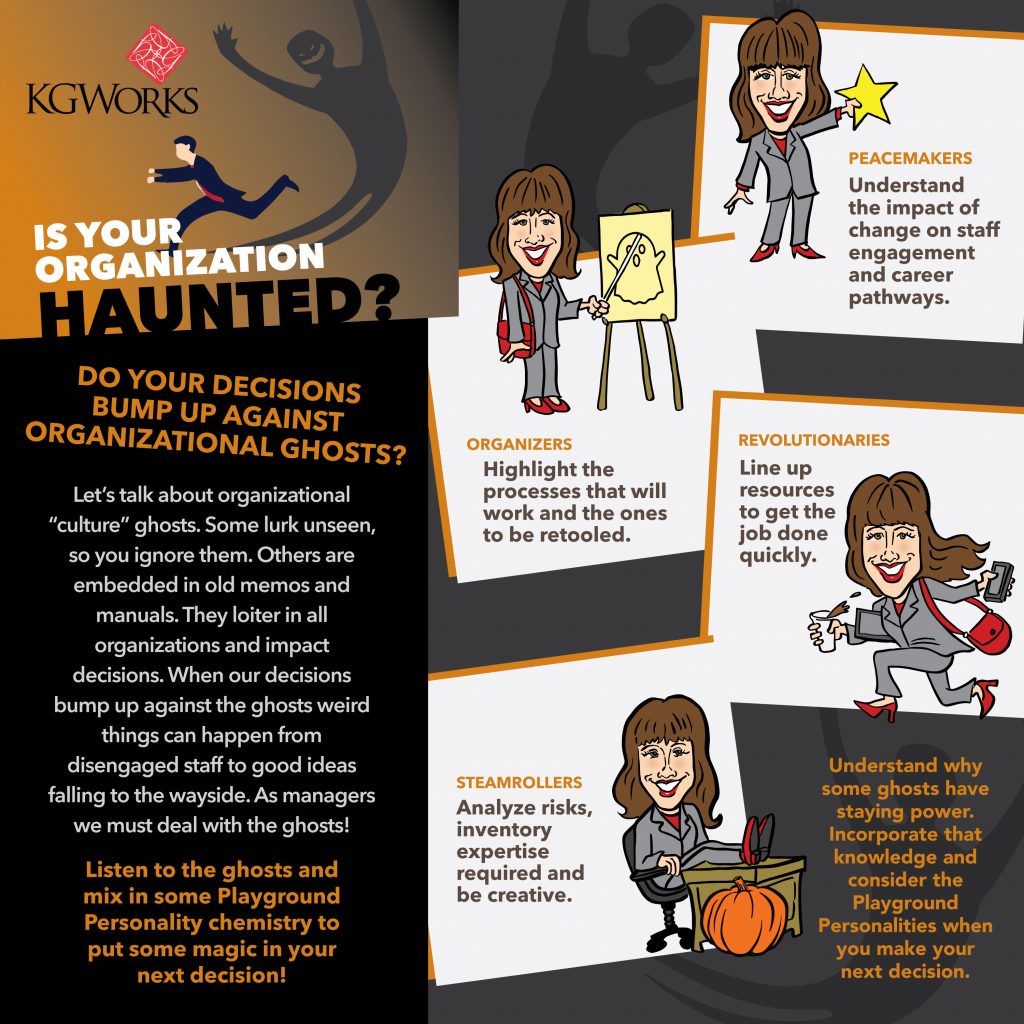Publication 15, Issue 4
As you know, I’m not a mom by “trade” but a fortunate and involved aunt. My brother and sister-in-law have been generous in allowing me to experience many of the “firsts” with their children – first day of elementary school – first JV football game – and yes, college move-in day! So parents, if you are ready to tear your hair out because you received the 10th phone call from one of your kids letting you know they are homesick, forgot their glasses, don’t like the food or think their new professors “aren’t all that” – read on!
In August, we packed up Sarah, our middle niece, and took her to St. Joe’s in Philly to begin her college career – go Hawks! And while I helped take Nicholas to college last year, this trip struck me. What I figured out was that the overwhelming feelings, the topsy-turvies of things, the “woo-hoo” of getting out of the house and apprehensions of a new life are valid and experienced by both parents and their kids when those almost-adults head to college!
To make the point I often mention – that communication styles affect all aspects of our lives – this time we’re going to talk about navigating the college transition with your kids. And, as always, I’m confident managers will pick up some communication nuggets that they’ll apply to their everyday work lives!
Let’s take a look at the Playground Personalities through the eyes of parents:
Peacemaker Parents – share with their children the importance of making new friends and building life-long friendships.
Organizer Parents – advise their children to “keep it together” and figure out how to keep their studies from falling through the cracks.
Revolutionary Parents – tell their children to join campus activities, stay ahead of everything and don’t skip class.
Steamroller Parents – encourage their children to learn and absorb everything that college-life has to offer.
As parents, you already know how your child prepares for life, handles change, or takes on new responsibilities. And if you have more than one child, you know that each is different. The behavior patterns that you have come to know probably will resurrect during that stressful college transition, too! It’s important to acknowledge and validate that college freshman’s approach, figure out how you self-manage, know it’s not the same as your kid’s, and then work out how best to motivate your departing scholar into action!
I coach my clients that it’s our job as leaders to figure out how to tap into others’ motivation, so parents here’s that spiel adapted to the current challenge! If you and/or your child aren’t taking to college life like ducks to water, remember these clues about the Playground Personalities of your child. You might be hearing…
“Took me a long time to make friends, now I have to start all over.” Peacemaker
“This is my new life and I have to figure out how to adjust.” Organizer
“Not sure I’m going to unpack everything because this might not be for me.” Revolutionary
“In high school I was the straight A student; now I have to continue the legacy.” Steamroller
Experiment with different communication styles to help your student figure out his or her new circumstances so that the outcome is a productive and happier person. Parents, you may have to change up your usual communication style just a bit! Here’s how each Playground Personality reacts to change under stress and some ideas how to support a shift in outlook:
The Peacemaker – has a pit in his/her stomach and worries; so acknowledge and validate his/her feelings and let him/her know you are there for him/her.
The Organizer – is resistant; doesn’t like change at all! So help him/her prioritize his/her work with color stickies or file folders.
The Revolutionary – takes the attitude that if he/she hangs on long enough, things will change again! So use some humor and keep it real for him/her.
The Steamroller – reacts with suspicion unless it was his/her idea! So embrace his/her need to have a competitive spirit!
Good luck and here’s to everyone having a great first year of college!

